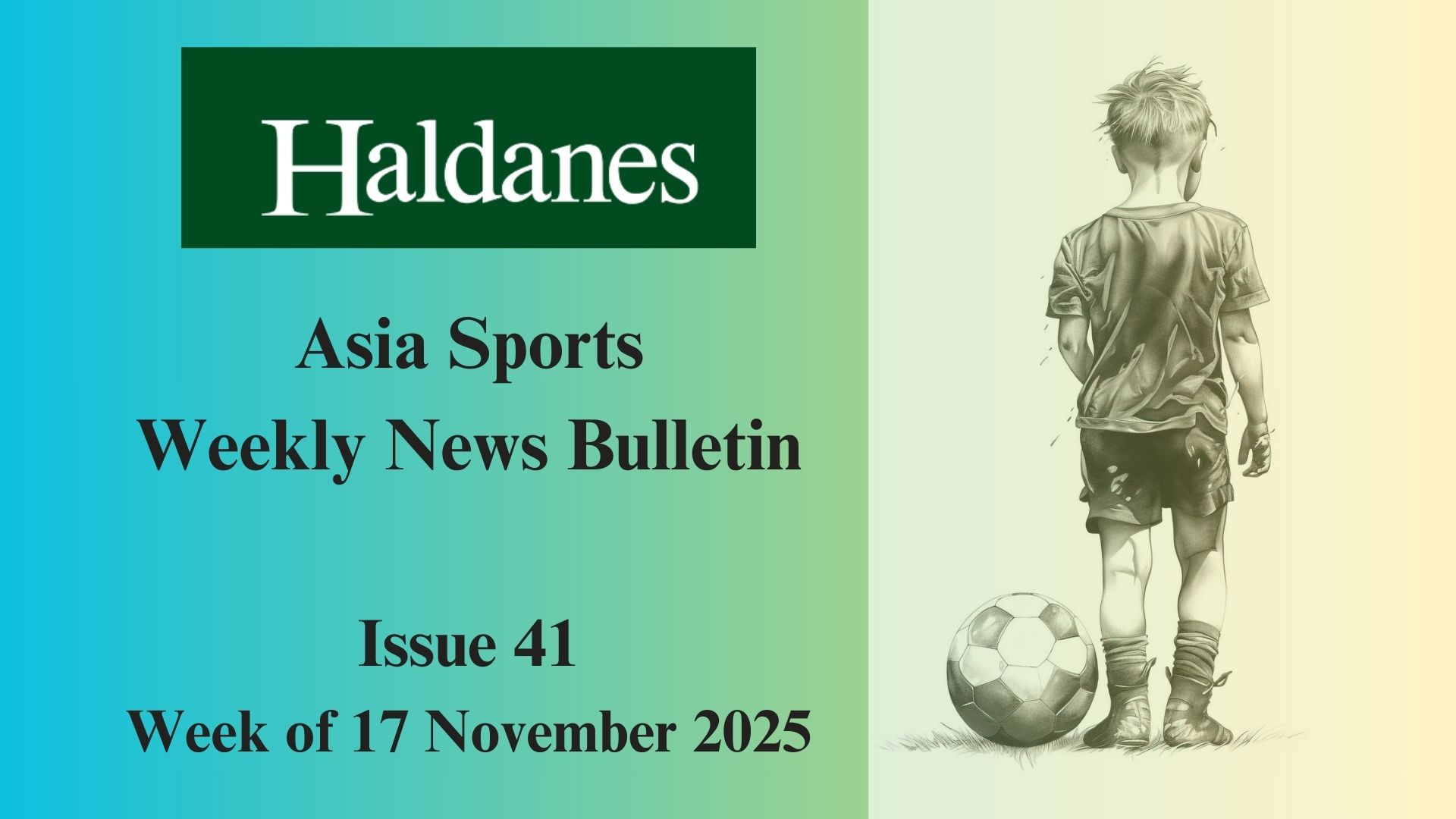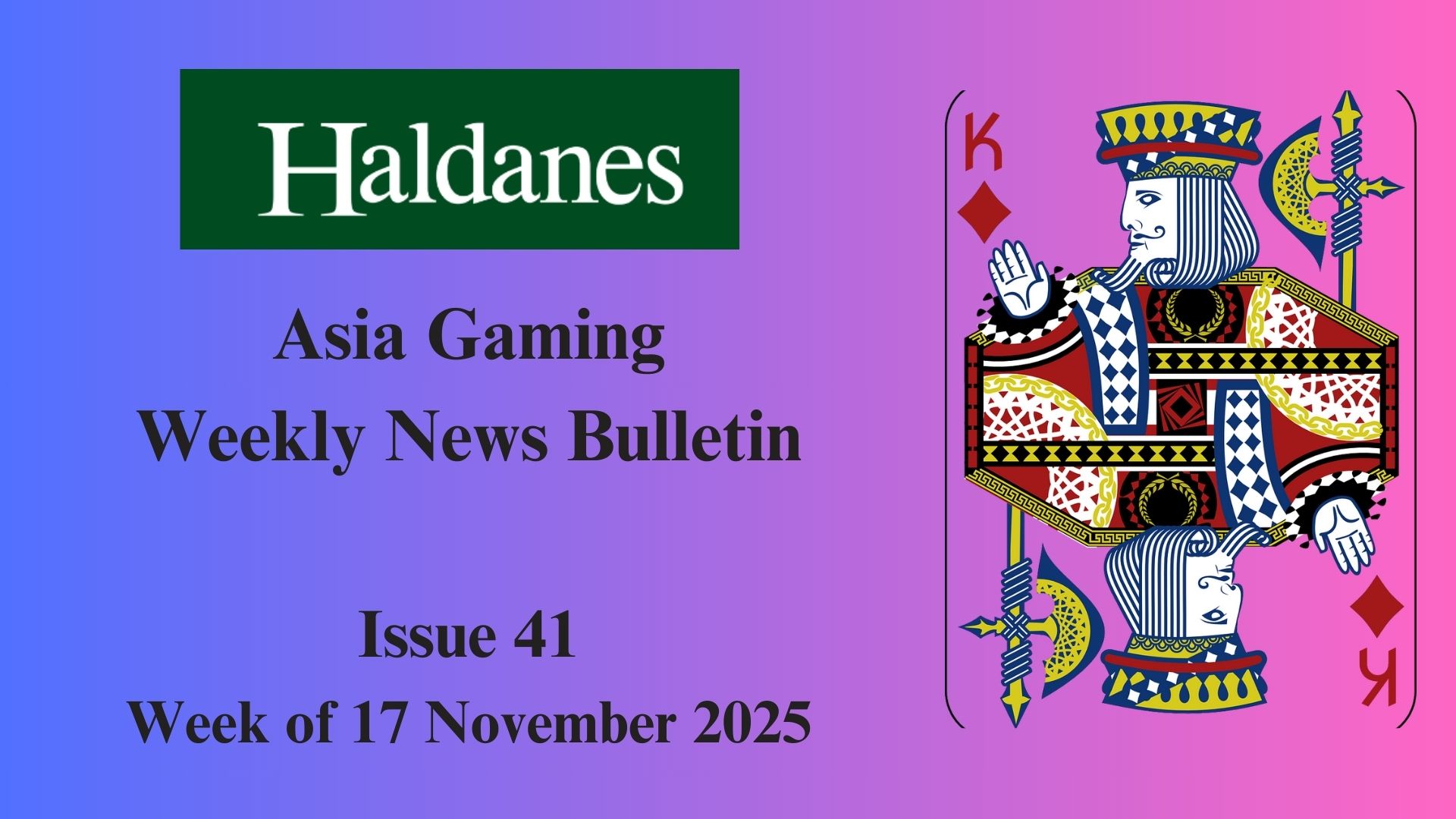Asia Gaming Weekly News Bulletin – ISSUE 25 Week of 28 July 2025
(1) Macau’s SJM to close satellite casino Grandview
SJM Resorts closes Casino Grandview on 30 July 2025 as part of its plan to phase out satellite casinos, with staff reassigned and gaming operations relocated.
(2) Hong Kong officials to discuss adjusting basketball betting limits with Jockey Club
Hong Kong is moving to legalise basketball betting through regulated channels managed by the Jockey Club, while expanding youth gambling support services and community outreach initiatives.
(3) Philippine President avoids online gambling topic in state of the nation address
President Marcos chose not to address domestic online gambling in his speech, signaling a cautious approach to a complex issue under growing scrutiny.
(4) Thailand formally recognises poker as a sport, paving way for international competitions
Thailand has recognised poker as a sport, though officials warn it must be kept separate from gambling to avoid misuse.
(1) Macau’s SJM to close satellite casino Grandview
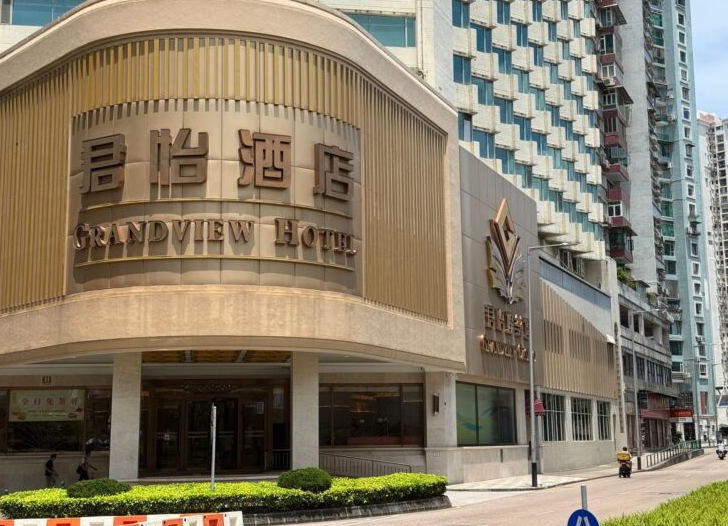
(Photo Credit: iag)
SJM Resorts has announced that Casino Grandview closes on 30 July 2025, earlier than expected, due to internal business planning and commercial reasons. The gaming tables from the venue will be moved to other SJM properties, and customers with unredeemed chips or deposits can visit Casino Casa Real from 31 July 2025 to settle their accounts.
The company has pledged to protect employment of its local staff, confirming that all staff directly employed by SJM will be reassigned to other casinos within the group. Employees not directly hired by SJM will be invited to apply for vacancies, with priority given under equal conditions. The Gaming Inspection and Coordination Bureau will work with the Labour Affairs Bureau to ensure SJM meets its commitments to staff.
This closure is part of a wider plan by SJM to end operations at nine satellite casinos by the end of the year, with intentions to acquire Ponte 16 and L’Arc as self-owned venues. Other operators, including Melco Resorts and Galaxy Entertainment Group, have also announced plans to shut down their satellite casinos in line with changes to Macau’s gaming regulations.
News Source: https://asgam.com/2025/07/28/macaus-sjm-to-close-satellite-casino-grandview-this-wednesday/
(2) Hong Kong officials to discuss adjusting basketball betting limits with Jockey Club
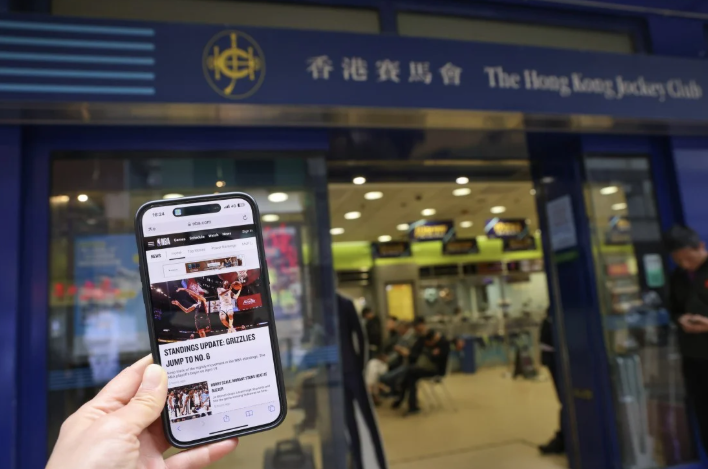
(Photo Credit: SCMP)
Hong Kong authorities are now preparing to engage the Jockey Club in technical discussions about adjusting maximum betting limits for basketball, following the publication of the Betting Duty (Amendment) Bill 2025. The Jockey Club is expected to be the sole licensed operator, and the government is considering caps similar to those for horse racing and football, with individual wagers currently limited to HK$50,000 and daily account limits at HK$500,000.
In response to concerns about youth gambling, officials have rejected a proposal to impose monthly betting limits for people under 26, citing the ease with which young individuals could use others’ accounts. Instead, the government is expanding support services, including the establishment of a fifth counselling centre dedicated to young people affected by gambling. The broader policy remains focused on discouraging gambling while redirecting illegal activity into controlled, legal channels.
The Jockey Club’s latest figures estimate illegal basketball betting turnover reached up to HK$90 billion last year, underscoring the urgency of establishing a legal framework. By modelling the regulatory regime on football betting, the government aims to channel this demand into a controlled environment, with a proposed 50 per cent duty on net stake receipts.
News Source: https://www.scmp.com/news/hong-kong/society/article/3319680/hong-kong-officials-discuss-adjusting-basketball-betting-limits-jockey-club
(3) Philippine President avoids online gambling topic in state of the nation address
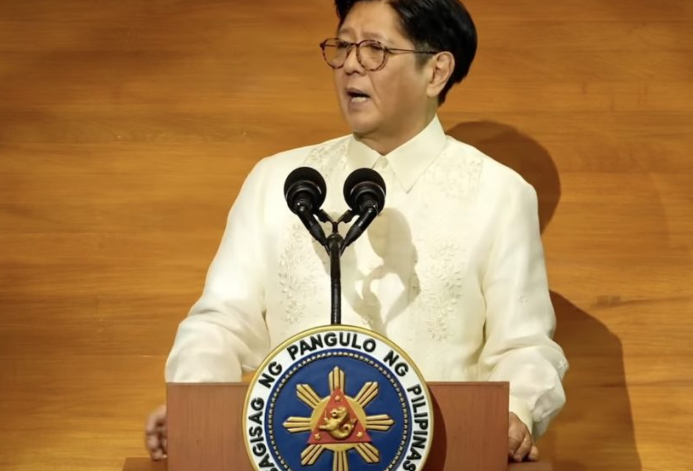
(Photo Credit: GGR Asia)
President Ferdinand Marcos Jr did not address domestic online gambling in his latest state of the nation speech, despite earlier pledging to consider tighter regulation or a possible ban. His silence came amid growing speculation that the government might introduce stricter controls or new taxes on digital gambling platforms. Some lawmakers had expected clarity on the issue, especially following last year’s decision to shut down offshore gambling operators.
Gaming law expert Marie Antonette Quiogue defended the president’s decision, saying it was a deliberate move to avoid rushed policymaking. She argued that online gambling is a complex issue requiring careful study and consultation, and that restraint in this case reflects thoughtful leadership. Quiogue also highlighted the economic role of the licensed domestic gambling industry, which contributes to public funds and employment.
She urged legislators to take the lead in shaping future policy through evidence-based discussions and stakeholder engagements. Rather than pushing for an outright ban, she called for regulation that balances the risks and benefits of online gambling. The challenge, she said, is to reduce harm while preserving the industry’s contributions to the economy and public services.
News Source: https://www.ggrasia.com/philippine-president-avoids-online-gambling-topic-in-state-of-the-nation-address
(4) Thailand formally recognises poker as a sport, paving way for international competitions
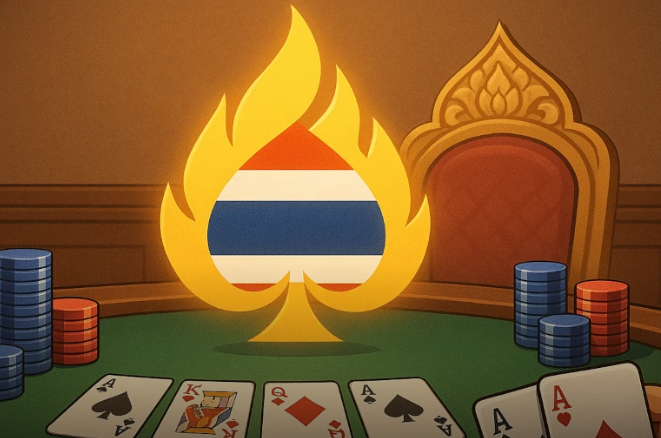
(Photo Credit: Asia Gaming Brief)
Thailand’s Sports Authority has officially recognised poker as a sport, but the decision raises concerns due to poker’s long-standing link with gambling. Although the announcement stressed poker’s qualities as a mind sport, such as strategic thinking and mental discipline, its popularity as a betting game could make it difficult to separate sporting activities from gambling-related ones.
The agency made it clear that poker tournaments in Thailand must be held purely within the framework of sportsmanship, not gambling. This distinction will be crucial as international players and spectators are drawn to local and regional events. With revenue from hospitality, sponsorships and travel on the horizon, Thailand will need to carefully manage the risks of inadvertently encouraging gambling practices under the label of sport.
While the decision may boost sports tourism and economic growth, it also puts pressure on regulators to ensure poker remains within lawful sporting boundaries. Maintaining public trust depends on keeping poker tournaments free from gambling elements, despite the game’s close association with betting across the world.
News Source: https://agbrief.com/news/thailand/26/07/2025/thailand-formally-recognizes-poker-as-a-sport-paving-way-for-international-competitions/
